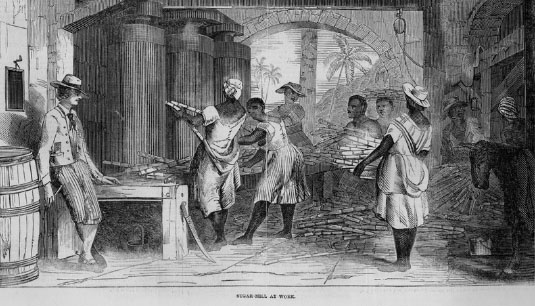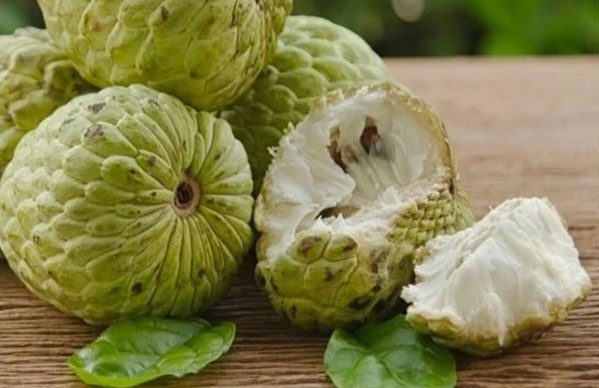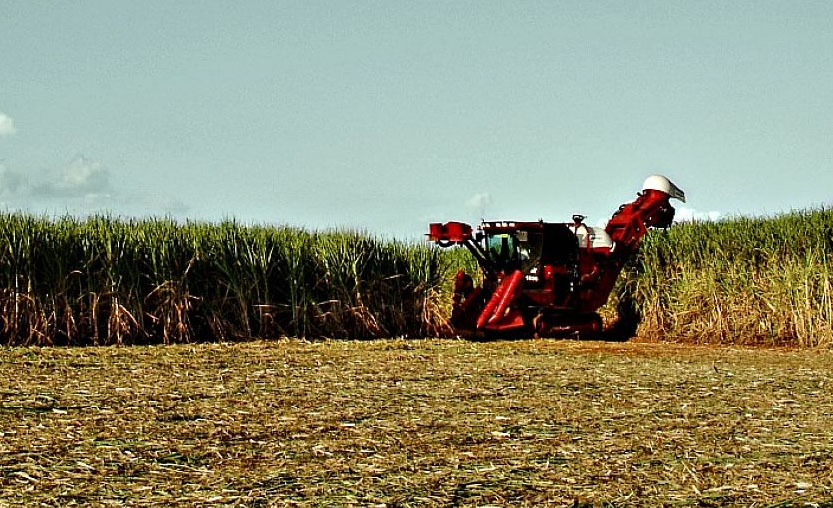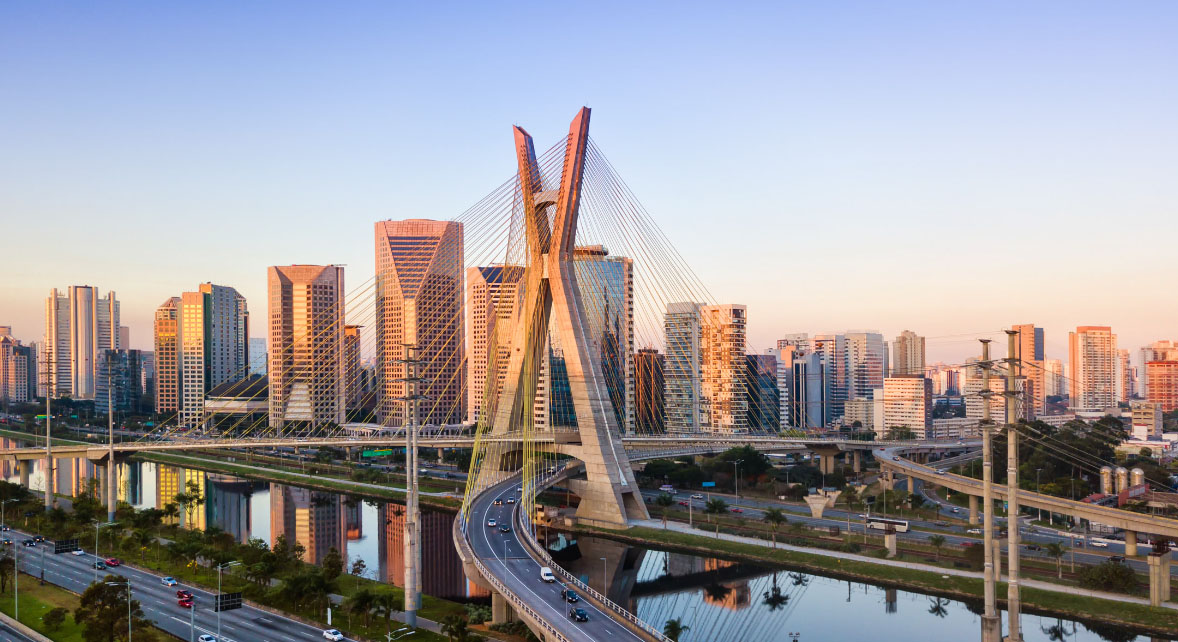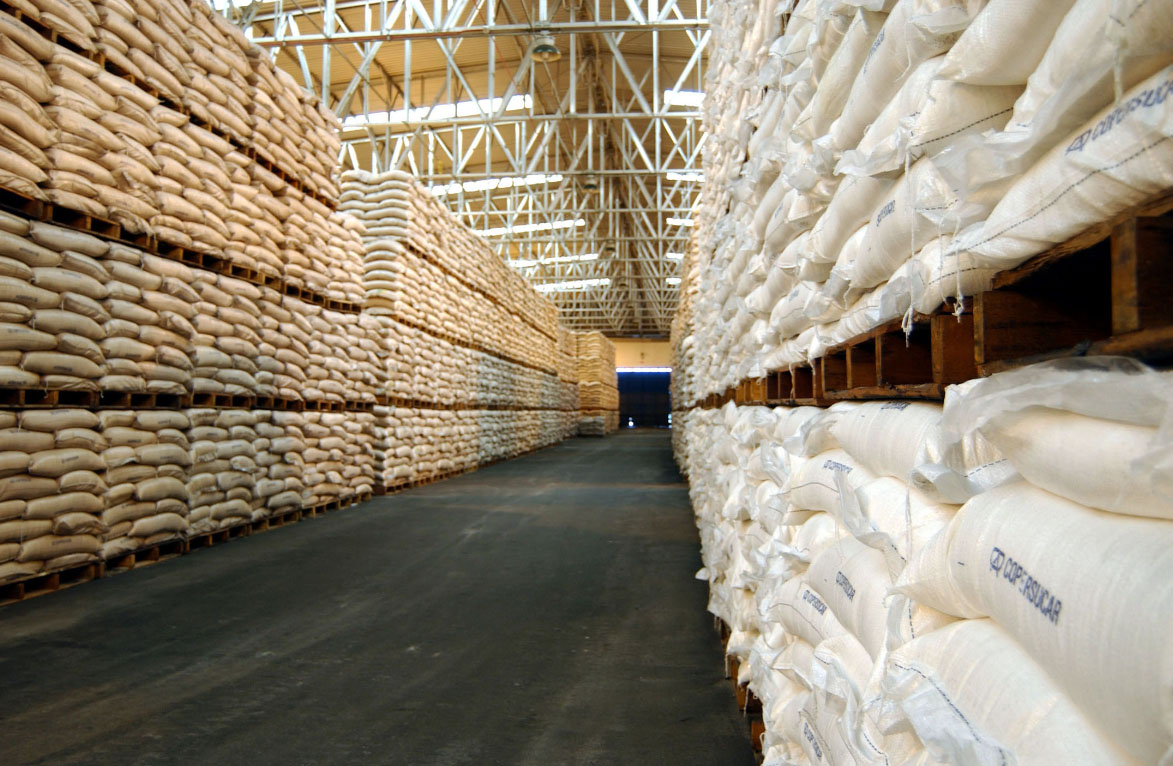Brazil is
renowned for its vibrant culture, samba rhythms, and rich culinary heritage,
but beneath this vibrant tapestry lies a dark history – that of sugar slavery.
The sugar industry in Brazil was built on the backs of enslaved Africans and
Indigenous peoples, and the echoes of this painful legacy still resonate today.
In this blog post, we will delve into the history, impact, and ongoing efforts
to confront the legacy of sugar slavery in Brazil.
Sugar
Slavery in Brazil: A Historical Overview
Colonial
Origins: The sugar industry in Brazil began with the arrival of Portuguese
settlers, who brought enslaved Africans to work in sugarcane plantations.
Economic
Powerhouse: Sugar became a vital commodity, driving trade, and contributing to
the country’s economic development.
The Brutal
Reality of Sugar Slavery
Forced
Labor: Enslaved individuals were subjected to brutal conditions, forced labor,
and inhumane treatment on sugarcane plantations.
Cultural
Impact: The legacy of sugar slavery is deeply ingrained in Brazilian culture,
influencing art, music, and traditional celebrations.
Abolition
and its Aftermath
Abolition
of Slavery: Brazil was the last country in the Western Hemisphere to abolish
slavery in 1888, but the consequences of this history continue to affect
society.
Racial
Inequality: The legacy of sugar slavery is linked to ongoing racial disparities
in Brazil, affecting access to education, employment, and opportunities.
Acknowledging
the Legacy
Historical
Recognition: Brazil has taken steps to recognize the historical impact of sugar
slavery, including the creation of Afro-Brazilian cultural centers and museums.
Reparative
Measures: Efforts are underway to address the racial disparities stemming from
this legacy, including affirmative action policies and social programs.
Challenges
and Ongoing Work
Dealing
with Collective Trauma: Confronting the legacy of sugar slavery requires
addressing collective trauma and its lingering effects on individuals and
communities.
Education
and Awareness: Raising awareness about the history of sugar slavery and its
impact is critical to fostering dialogue and understanding.
Conclusion
The legacy
of sugar slavery in Brazil is an enduring scar on the nation’s history, a
shadow that has influenced the fabric of society. Acknowledging this painful
past and working towards reparative measures is essential to addressing racial
disparities and ensuring that all Brazilians can enjoy the sweetness of a
brighter, more equitable future. By unearthing the truth about sugar slavery,
Brazil takes a crucial step towards healing and reconciliation.

